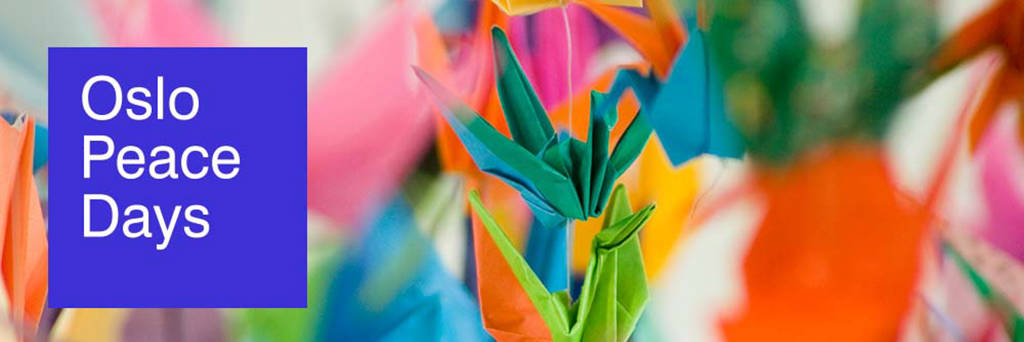
In what ways were Japanese post-war foreign and security policies affected by the nuclear attacks on Hiroshima and Nagasaki in August 1945, and by the Emperor’s decision to surrender?
What has been Japan’s role in fostering the regional peace that has reigned in the East Asian region since the end of the Cold War?
During the time of Joe Biden’s US presidency, Japan has strengthened its security cooperation with the US, South Korea and Australia in an apparent attempt to prevent China’s rise to become a regional hegemon. Japan no longer limits its defence budget to 1 per cent of GDP. Japan’s 1947 constitution still contains its famous prohibition against having an army or waging war.
Has Article 9 lost all meaning? Is there a risk that Japan itself will acquire nuclear weapons?
Or do memories from WW2 in combination with demographic factors – rapid aging – mean that the Japanese population remains unwilling to face any possibility of participation in war?
- A conversation between Stein Tønnesson (PRIO) and Yoshiharu Wakabayashi (PRIO)
The event is free and open to all, but we ask that you register in advance. Register here.
The event is part of Oslo Peace Days 2024. follow this link to view the whole programme.





